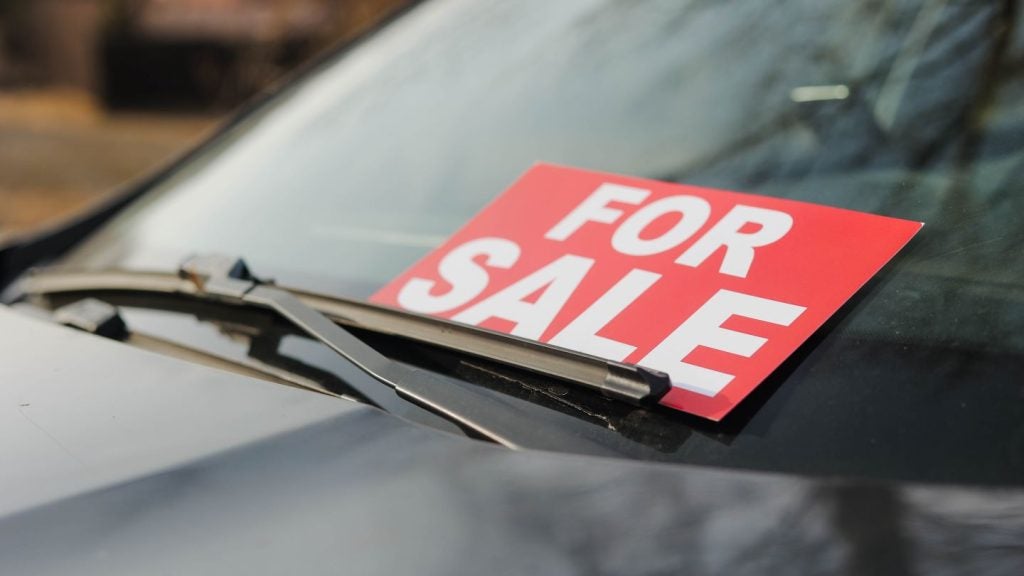Motor finance vendors have been developing multi-level remarketing strategies to cope with the ongoing challenges of COVID-19 and the semiconductor shortage which has affected new car production volumes. Aston Barclay’s managing director – customer, Martin Potter, takes us through these innovations and investigates how the used market will perform in 2022.
Body
Over the past two years, the motor finance sector has been at the cutting edge of new remarketing strategies to optimise used car sales back into their white label client’s franchised dealer network.
Aston Barclay continues to run successful closed sales on behalf of finance companies offering manufacturer stock back into the relevant franchised dealer network, alongside digitising the PCP returns process.
The response from dealers has been very positive as it provides a new source of stock at a time when available stock in the open market is increasingly competitive in the three-to-four-year-old age bracket. The relative lack of new car supply has meant leasing contracts continue to be extended, further compounding competition in the used car market.
Aston Barclay has played a major part in working with its leasing company vendors to launch their used vehicles on personal contract hire (PCH) basis. The used vehicles are sourced from its end-of-term fleet and come with a seven-day return policy, 90-day guarantee and 128-point independent AA inspection.
Aston Barclay manages all aspects of the vehicle collection, inspection and refurbishment process, meaning the leasing vendors can select which vehicles are ready to go back into used vehicle PCH, and which go to wholesale.

US Tariffs are shifting - will you react or anticipate?
Don’t let policy changes catch you off guard. Stay proactive with real-time data and expert analysis.
By GlobalDataAston Barclay’s PCP digital repatriation service has been utilised by manufacturer finance houses across their dealer networks. It includes app-based inspection technology and utilises a closed, timed auction platform to offer the entire franchised dealer network access to the PCP stock prior to it being pushed to the open market.
Aston Barclay has also been focussing on targeting the right buying audience with the right product and as a result has had resounding success with a more specific sales programme, in particular the sports and prestige sale run bi-monthly. This sale is specifically made up of high value or limited-edition models that are selected from around the Aston Barclay group, and typically sees £1.4m worth of cars going under the hammer in every sale.
Pricing
Aston Barclay’s quarterly Insight Report has shown that overall, fleet and finance vendors have had a very strong ‘used car’ year with prices rising by 40% across all categories as demand continues to exceed supply throughout 2021.
As equity in vehicles remains high, so too does the number of voluntary terminations. This however produces an unusual problem for dealerships to manage, with large deposits meaning consumers can move up into the next category of vehicles while continuing with a similar monthly payment. The shift will come when new car supply resumes, and equity levels fall. Consumers will have to make a choice between paying more each month to retain the style of car they have become accustomed to or moving back down a category to keep payments the same.
Repossession levels meanwhile are still low due to increased regulatory guidance from the Financial Conduct Authority (FCA). Time is being invested in understanding why the driver has fallen behind with their car payments and if it’s COVID-19 related then the consensus is to be more sympathetic to their cause.
An increasing proportion of used cars in the market are on live contracts and so we can expect to see an increase in the number of vehicles destined for auction over the next two or more years.
Opening access to multi-layer vehicle remarketing strategies means Aston Barclay’s vendors are well placed to make the most from the pivot we are likely to see when used car volume returns. Add to that multiple wholesale funding providers at auction enables more dealers to bid on cars at auction. Having wholesale funding already in place speeds up the purchase of used cars at auction for dealers, with all the administration around payment being handled automatically.
Those older higher mileage used cars benefit from this initiative, receiving more bids from independent dealers who are broadening their stock profile due to the current market dynamics.
Looking forward to 2022
Many car makers say that it will be Q3 2022 before they are likely to see production back to previous levels and even then there will be a significant customer order book to fulfil. In the UK alone finance houses and leasing companies have tens of thousands of new cars in their order banks and it may take a few more months before new cars arrive and used cars make it back into the wholesale market.
January is likely to be a strong used market, but we don’t anticipate the uplift in prices to be as high as normal, simply because the average used car is already worth 40% more than it was in January 2021. However, demand and prices are likely to remain high during 2022 and will only start to soften if volumes get to the stage of supply exceeding demand.
Due to the continued low number of new car registrations, we still believe there will be a shortage of used vehicles at least into the next year, which will contribute to the ongoing relative strength of the used vehicle market for the next two to four years. In the meantime, vendors will continue to innovate to best represent their white label partners and manage their own risks in a market.







